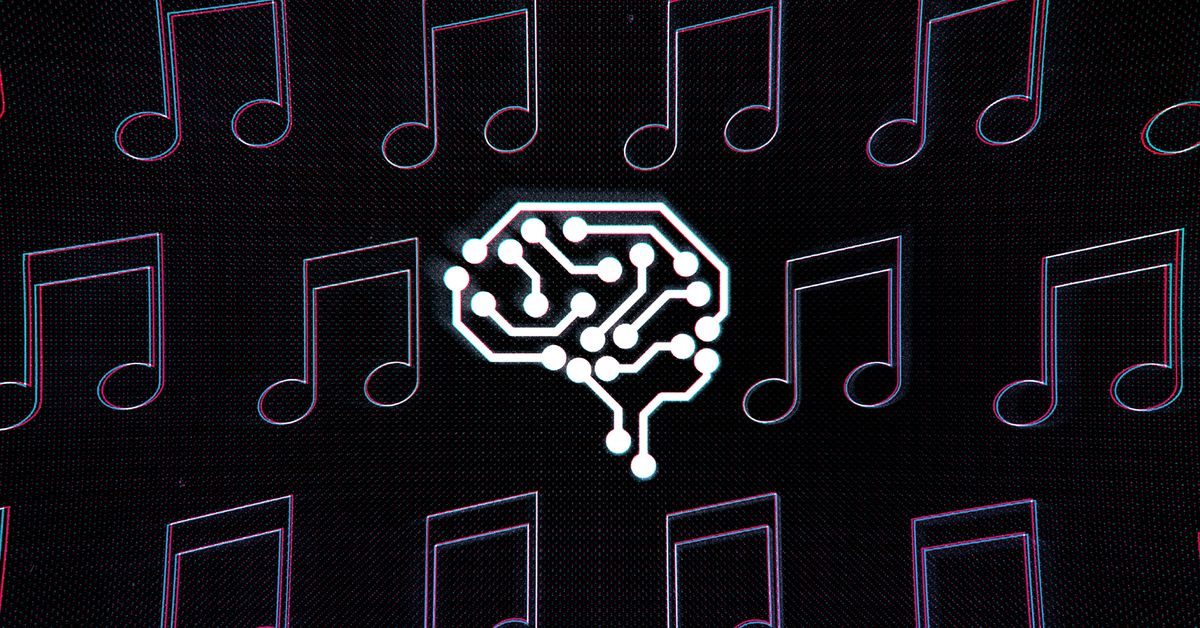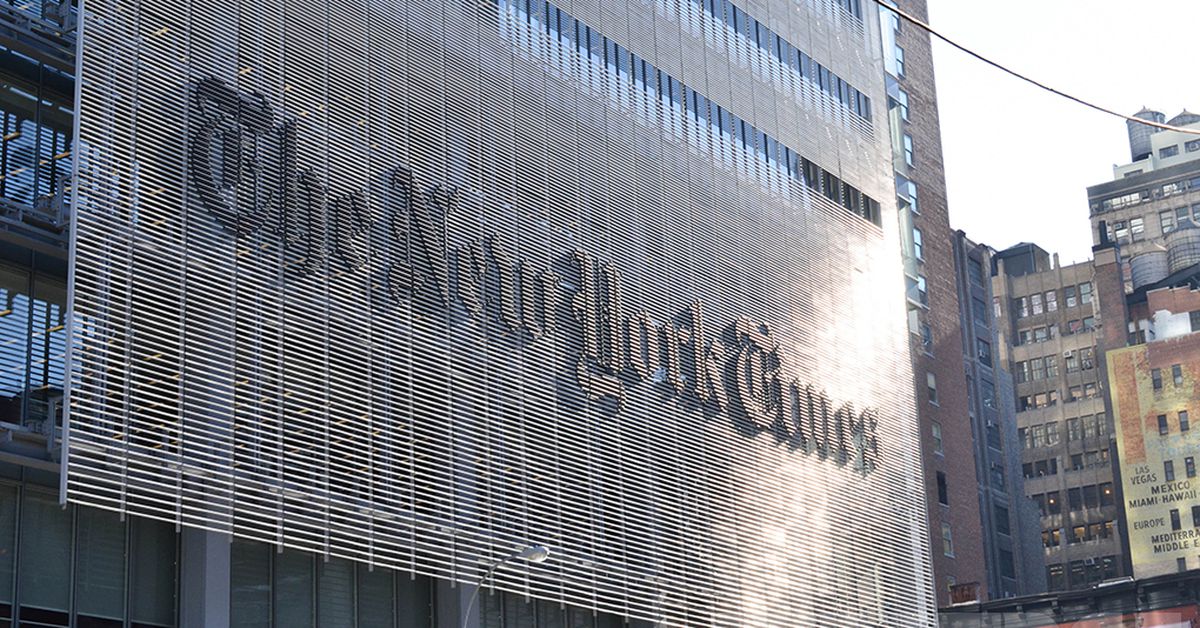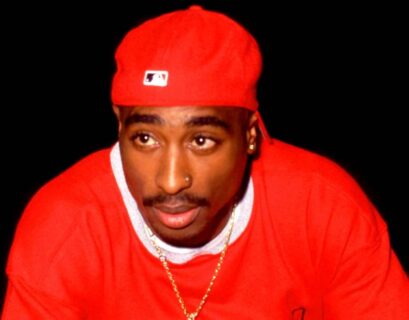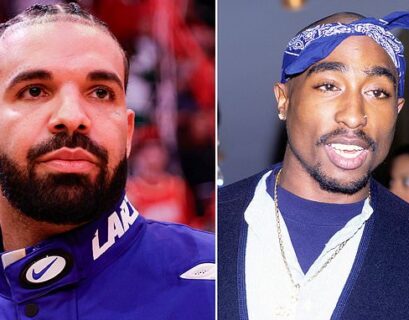Negotiations over a new licensing agreement — which expires January 31st — collapsed amid claims that TikTok tried to bully the label into taking a ‘bad deal.’

The music catalogs of Taylor Swift, Drake, Harry Styles, and many other artists represented by Universal Music Group (UMG) are expected to be pulled from TikTok following accusations that the video platform attempted to “bully” and “intimidate” the record label into accepting a subpar licensing deal. The current licensing agreement between TikTok and UMG is set to lapse today, January 31st, with Reuters reporting that UMG will remove its songs from the service once the deal has expired.
In an open letter published on Tuesday, UMG said that TikTok was trying to build a music-based business “without paying fair value for the music” and accused the company of selectively removing developing artists’ music from the service while continuing to promote UMG’s more famous performers. The label says it’s focused on three main areas for contract renewal: securing appropriate compensation for performers and songwriters; protections against AI-generated music flooding the platform; and bolstering online safety.
“TikTok proposed paying our artists and songwriters at a rate that is a fraction of the rate that similarly situated major social platforms pay,” said UMG in its open letter, claiming that around 1 percent of its revenue comes from the platform despite TikTok’s massive and growing presence within the music industry.
The risk that generative AI poses to the reputations and livelihoods of human performers is also central to the concerns that UMG raised, as is the general safety of its artists:
TikTok is allowing the platform to be flooded with AI-generated recordings — as well as developing tools to enable, promote and encourage AI music creation on the platform itself – and then demanding a contractual right which would allow this content to massively dilute the royalty pool for human artists, in a move that is nothing short of sponsoring artist replacement by AI. Further, TikTok makes little effort to deal with the vast amounts of content on its platform that infringe our artists’ music and it has offered no meaningful solutions to the rising tide of content adjacency issues, let alone the tidal wave of hate speech, bigotry, bullying and harassment on the platform.
TikTok’s tactics are obvious: use its platform power to hurt vulnerable artists and try to intimidate us into conceding to a bad deal that undervalues music and shortchanges artists and songwriters as well as their fans. We will never do that.
On Wednesday, TikTok issued a blunt statement responding to UMG’s accusations:
It is sad and disappointing that Universal Music Group has put their own greed above the interests of their artists and songwriters. Despite Universal’s false narrative and rhetoric, the fact is they have chosen to walk away from the powerful support of a platform with well over a billion users that serves as a free promotional and discovery vehicle for their talent. TikTok has been able to reach ‘artist-first’ agreements with every other label and publisher. Clearly, Universal’s self-serving actions are not in the best interests of artists, songwriters and fans.
The deluge of AI-generated music may be just one of several concerns UMG raised, but it’s one that the label has kept an exceedingly close eye on for some time. For example, it opened a lawsuit against Anthropic last October for distributing copyrighted lyrics with its AI model Claude 2. The company was also successful at taking down the viral AI-generated Drake song via a copyright claim last year, in addition to the many copycats that followed.
UMG hasn’t dismissed AI technology entirely, however, having partnered with YouTube to help establish rules for AI music on the video platform that are safe and profitable for companies and performers alike.
By contrast, TikTok’s parent company, ByteDance, has been less cautious about adopting AI technology, having been caught secretly using OpenAI’s technology to build a competing large language model. Reuters reports that just yesterday, ByteDance CEO Liang Rubo said at a companywide meeting that the company hasn’t paid enough attention to AI technologies and faces challenges from newer, more nimble startups.
In a recently published interview with The New Yorker, UMG CEO Lucian Grainge warned that unregulated AI-generated music could wreak havoc on the industry, painting a scenario in which illegitimate versions of Kanye West songs could be produced featuring Taylor Swift’s voice: “Get your head around that. And then it’s ingested into one of the platforms and someone starts monetizing it. I haven’t spent forty-five years in the industry just to have it be a free-for-all where anything goes. Not going to happen while I’m still here!”
UMG’s plight to ensure AI technology can be carefully adopted without eroding the legitimacy of its performers and songwriters is one of many similar battles occurring across other industries. Securing protection against AI likeness and voice replication was a cornerstone concern in the SAG-AFTRA strikes last year, for example, and The New York Times opened a copyright infringement lawsuit against OpenAI and Microsoft in December over claims their AI models copied millions of the publication’s articles.










